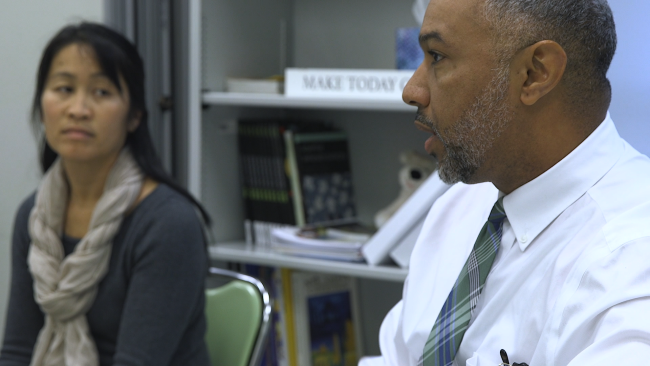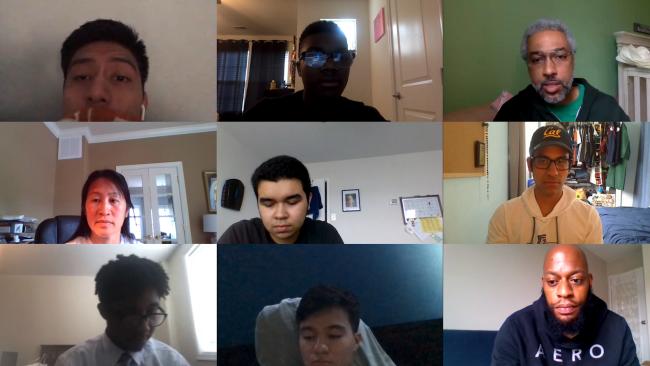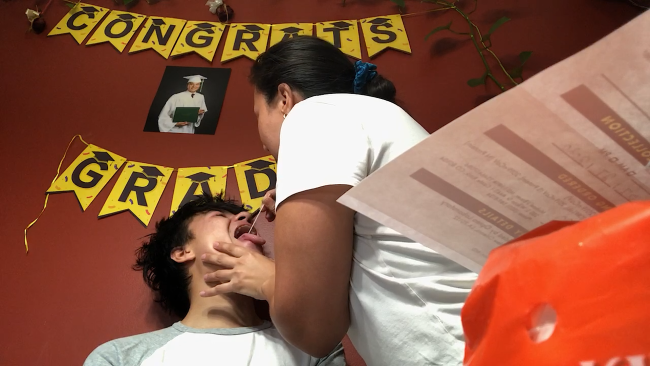About This Documentary
When COVID-19 shuttered school buildings this spring, Wakefield High School seniors Luis and Faith, like hundreds of thousands of other teens in the United States, were looking forward to graduation. In the midst of a devastating pandemic, they must find a way to celebrate their success and weigh big decisions, including college and how to afford it.
As the first generation of their immigrant families to attend a four-year college, Luis, the son of El Salvadoran parents, and Faith, the daughter of Nigerian parents, want nothing more than to fulfill their parents’ dreams, even as they feel the weight of their families’ expectations. Luis and Faith are fortunate though to have the backing of Wakefield’s college-access programs for young men (Cohort) and women (United Minority Girls) of color. But without the in-person support of their peers and the programs’ sponsors, all the emotional work of leaving high school and feeling prepared for college grows harder.
Told largely through Luis’ and Faith’s personal video diaries over a six-month period, this documentary follows the two friends as they navigate the end of a complicated school year and the beginning of a new one.

Wakefield High School in Arlington, Va., is home to a diverse student body of about 2,000 9th-12th grade students.
In 2000, the school created Cohort, a competitive academic program which serves to increase the college-going of its Black and Latino male students. Since its founding, the program has graduated more than 450 young men, 93 percent of whom have gone on to college.
In 2006, Wakefield founded United Minority Girls, which provides similar support to the school’s female students of color. Over the last 14 years, UMG has seen 97 percent of its more than 500 members attend college.
Today, Tim Cotman and Wendy Maitland, who work closely with both groups, serve as the programs’ co-sponsors. The programs are supported, in part, by longtime Arlington residents Ralph and Jan Johnson.
















